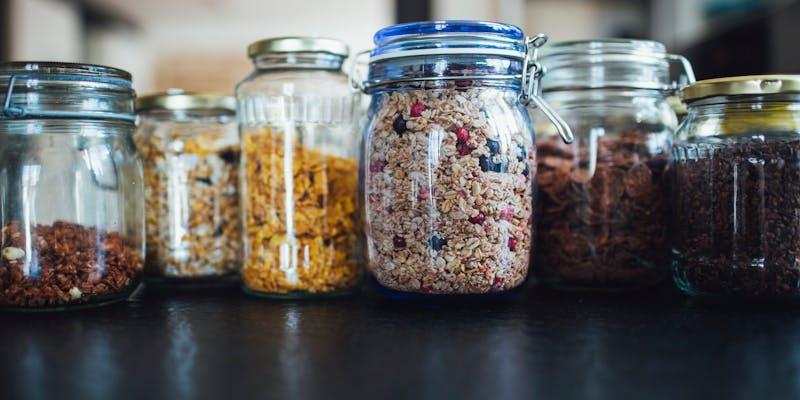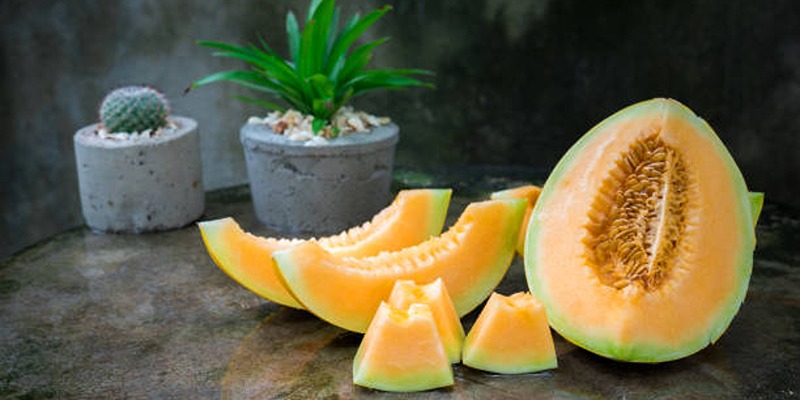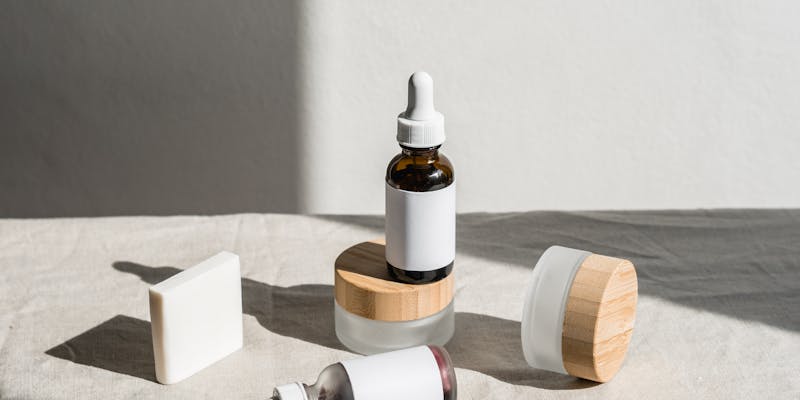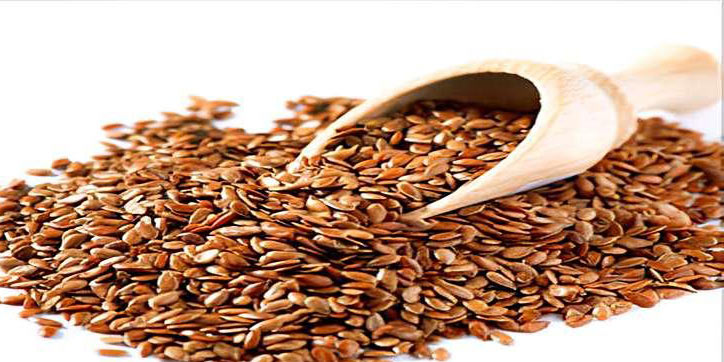Citrus fruits and vegetables contain flavonoids. The body breaks down six kinds of flavonoids in food differently. High flavonoid foods may reduce heart attack and stroke risk due to antioxidants. Plant products, including wine, tea, and chocolate, include them. Antioxidant-rich flavonoid supplements guard the body's pores and skin from daily poisons. Eating more flavonoids can assist you in living wholesomely and reduce your possibility of persistent sicknesses. Now that you can overview it, let’s get into the details.
Benefits of Flavonoids for Skin

The search for skincare components that promise a beautiful, young complexion seems unending. Flavonoids, a category of abundant plant chemicals, have shown promise. Popular for their antioxidant capabilities, these high-flavonoid foods provide the following skin advantages:
Fight Against Aging
Flavonoid supplements are skincare powerhouses. These antioxidant-wealthy chemical compounds are found in fruits, vegetables, and even tea. How does it help your pores and skin? Antioxidants shield pores and skin cells from loose radical damage.
Free radicals are unstable chemicals that accelerate skin aging and cause many issues. Vitamin C with flavonoids does more than protect the skin. They neutralize dangerous free radicals, stopping their damage. This preserves the skin's young vitality, decreasing fine lines, wrinkles, and uneven skin tone. The result? Skin that looks and feels younger.
Sun Protection
Flavonoids defend against UV radiation, which is noteworthy. They do not replace sunscreen, but they enhance its protection. UV radiation damages the skin, causing untimely aging, pores, and skin cancer. Vitamin C with flavonoids reduces UV damage with their antioxidant effects. They absorb UV light to prevent skin penetration. This protective barrier maintains firm and sun-resistant skin. Thus, adding flavonoid-rich products to your skincare routine might transform it, especially for sunbathers.
Reduces Inflammation
Inflammation causes various skin issues. Anti-inflammatory high-flavonoid foods soothe inflammation. They suppress skin inflammatory molecule synthesis and action. This reduces inflammation and avoids flare-ups. The calming action of flavonoids goes beyond redness and edema. It also heals and restores the skin barrier.
Moisturize and Elasticize
Hydration is prime to pores and skin, and flavonoid supplements assist. They keep pores and skin plump and clean by retaining moisture. Flavonoids also increase collagen and elastin synthesis, giving pores, skin shape, and firmness. This stimulation keeps pores and skin young and stimulates its natural healing. Flavonoids make skin more long-lasting, age-resistant, and radiant.
Benefits of Flavonoids for Health
Flavonoid supplements minimize the risk of chronic illnesses. Flavonoids have the following health benefits:
Anti-carcinogen Properties
A 2011 research study found substantial evidence that high-flavonoid foods combat cancer. Flavonols were better at combating cancer. Plant-based foods, including fruits, vegetables, and teas, contain flavonols. These great meals can alter cancer-related biological processes.
Vitamin C with flavonoids can also postpone most cancers' cellular development by prolonging cell existence cycles. This is a crucial characteristic. Flavonols inhibit severe malignancies, which supports their capacity as prophylactic.
Improves Heart Health
High-flavonoid foods help your heart. They reduce hypertension symptoms. A 2021 research linked flavonoid-rich foods, including apples, berries, and pears, to decreased blood pressure. This is why the Mediterranean diet, which benefits your heart, includes several flavonoid-rich foods.
Improves Brain Health
Flavonoids reduce neuro-irritation that is related to neurodegenerative disorders, such as Alzheimer's and Parkinson's. Flavonoid supplements may additionally postpone cognitive decline by lowering brain irritation and retaining neuronal characteristics.
Flavonoids also enhance cerebral blood glide, providing brain cells with oxygen and nutrients. Improved blood glide improves brain features and neural plasticity, the brain's capability to perform to new reports and challenges.
Protection Against Osteoporosis
It also protects against osteoporosis, which reduces bone density and increases fracture threat. People at risk of low bone density can benefit from high flavonoid foods,' with estrogen-like consequences. Flavonoid chemical substances engage with estrogen receptors to create moderate estrogenic actions that could diminish hormone mood swings and help keep the equilibrium of bone density.
Sources of Flavonoids

As mentioned, most fruits, vegetables, and plants contain flavonoids. They are present in dry beans, cereals, green and black teas. Flavonoids are usually higher in colorful foods. Oranges are an exception since their flavonoids are mostly in the white and pulp core of the skin.
Daily fruit and vegetable consumption is the greatest method to obtain Vitamin C with flavonoids. Experts recommend five vegetable and four fruit servings. Men should limit their red wine intake to two glasses per day and women to one. Flavonoid supplements are also available, but buyers should understand that specialists have not determined the appropriate dosage, and too much may be detrimental.
Daily flavonoid supplements consumption is unspecified by doctors and scientists. However, studies indicate that a diet rich in flavonoids may be healthful and is recommended for sound health. The amount of flavonoids you require depends on age, gender, and fitness. Dietary flavonoids are normally fed between 50 and 500 mg per day; for this reason, their antioxidant properties vary drastically.
Precautions While Taking Flavonoids
Because flavonoids can affect medicine's metabolism property and absorption, their interaction with medicines must be monitored. Flavonoids have been proven to inhibit cytochrome P450 enzymes, which metabolize several medications within the liver. Flavonoid supplements can enhance or decrease medicines' blood degrees by blocking positive enzymes. This can impact pharmaceutical efficacy and protection, causing aspect or faded healing effects.
High flavonoid foods impact the metabolism of medications and efflux transporters like P-glycoprotein. These transporters are essential for restricting medication absorption from the intestines into circulation. Flavonoids may impact medication absorption and effectiveness via regulating P-glycoprotein.
Flavonoids interact with gastrointestinal nutrition. Flavonoids may bind to nonheme iron, a dietary iron prevalent in plant-based diets, reducing intestinal absorption. This combination may limit iron intake and cause iron deficiency anemia, especially in people with low iron reserves or high iron needs.
Certain high-flavonoid foods also decrease vitamin C absorption, which is an antioxidant and important nutrient. This interference with vitamin C absorption may reduce its bioavailability and health benefits. Thus, some experts advise against mixing vitamin C pills with flavonoid-rich meals or drinks to minimize interactions and maximize nutritional absorption.







